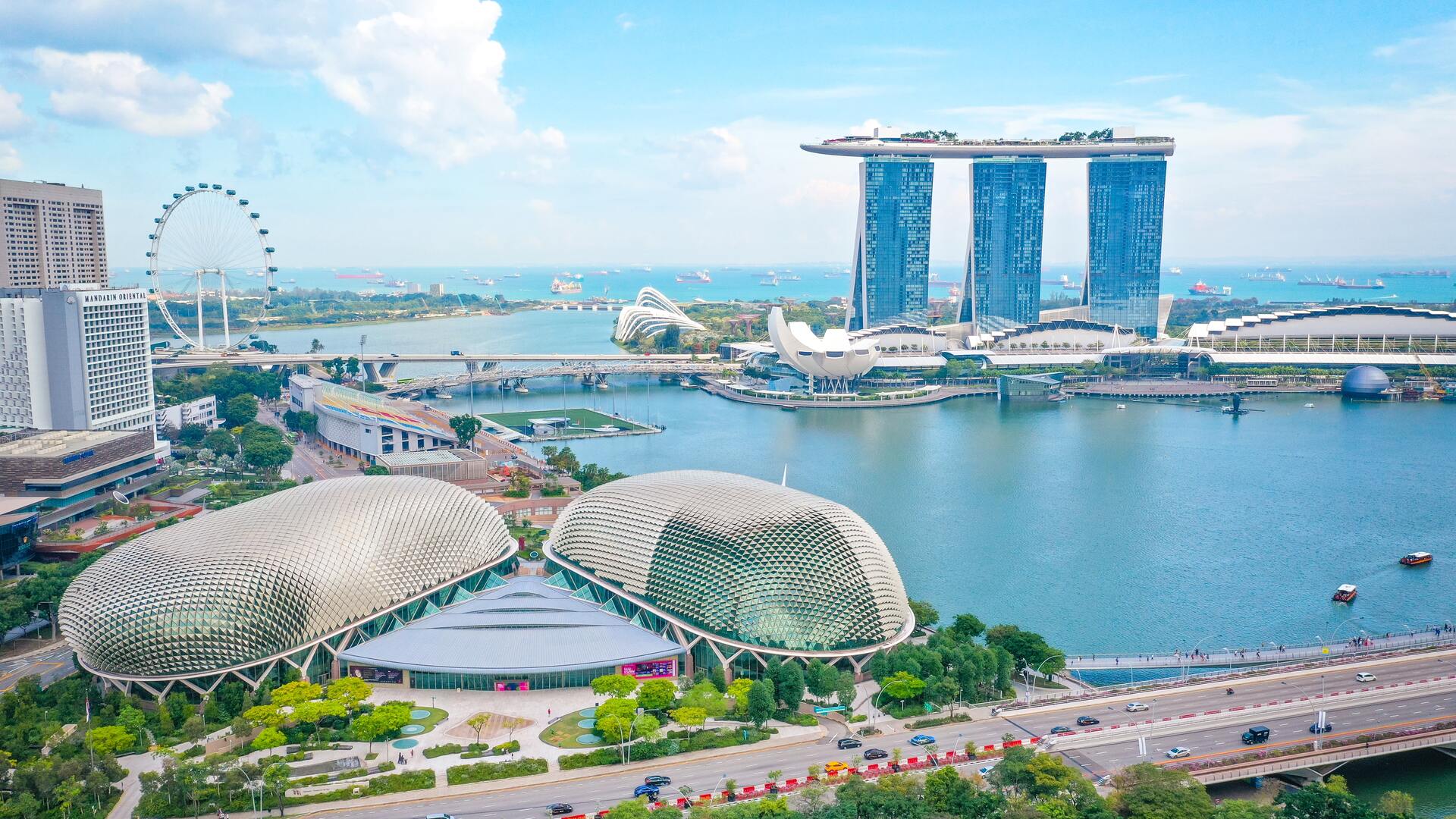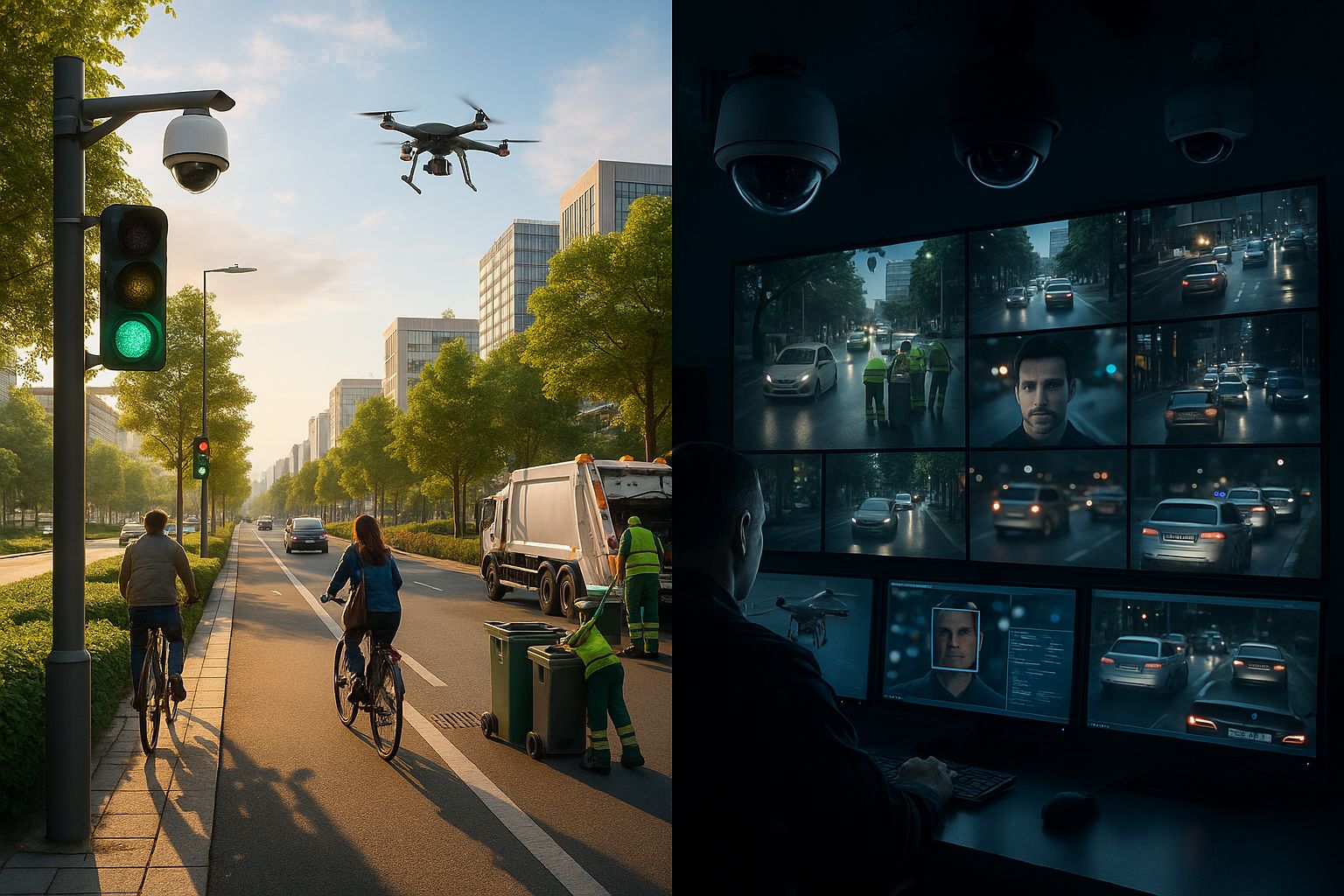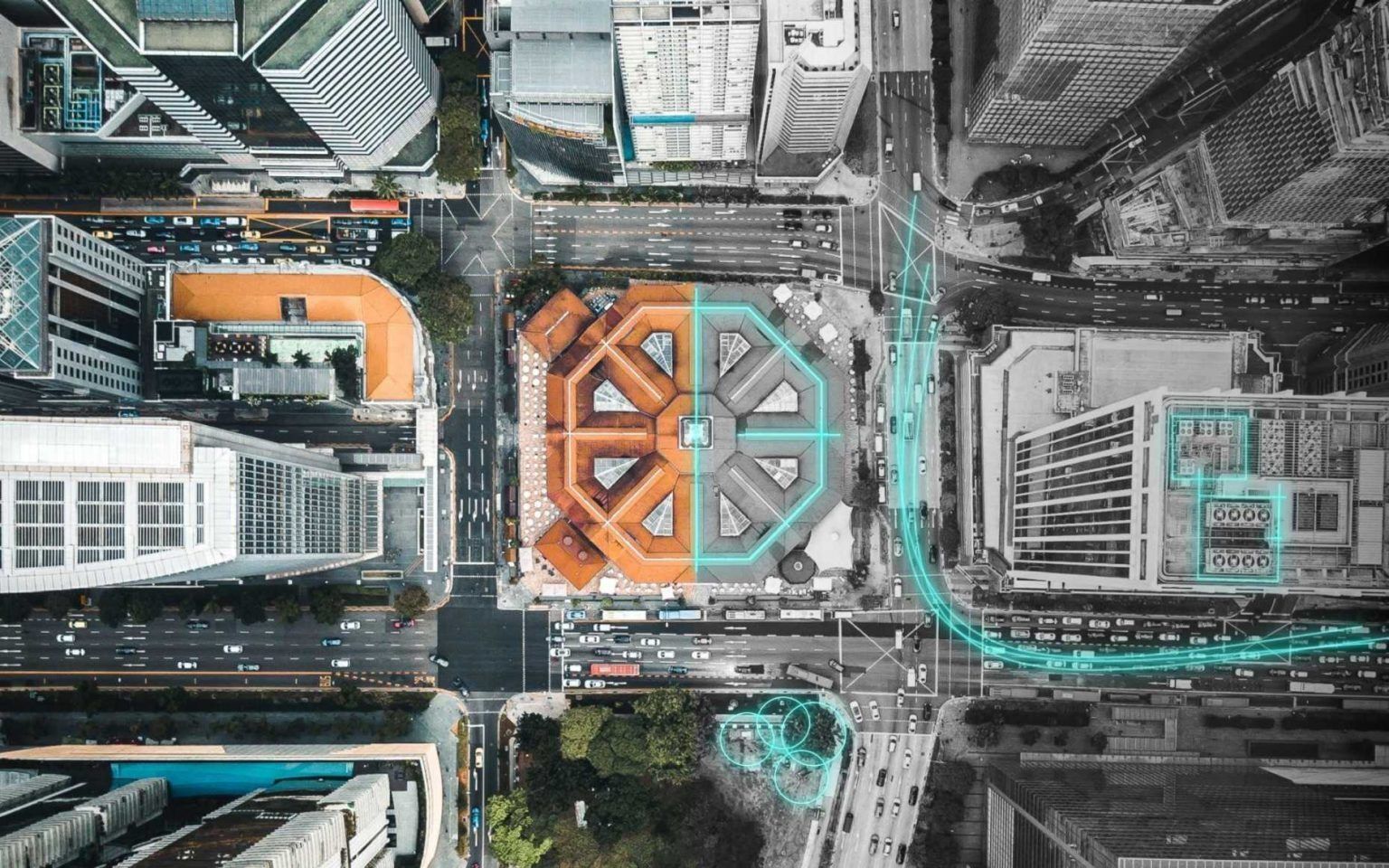The Big Sip

Image: rankingroyals.com
The take: The fastest way to fix cities is software over concrete.
What happened: Cities deployed 1.7 billion IoT sensors last year, reducing weekly commutes by up to 90 minutes and energy waste by 30%. The same systems also built comprehensive surveillance networks.
Why it matters: Singapore's traffic system reduced congestion by around 8% in six months. London's bins send a text message when they are full. Barcelona's streetlights save €42.5 million annually. But each improvement requires constant data collection.
What to watch: Fresh USDOT SMART grants and EU AI Act rules will determine which deployments scale and which get stalled by privacy law and procurement delays in 2025–2026.
Reciepts
• [Primary] CMU SURTRAC pilot: −26% travel time, −21% emissions. (2012–2013 field test) Carnegie Mellon University+1
• [Report] McKinsey: smart mobility can cut average commutes 15–20% (2018 report). McKinsey & Company
• [Counter] OECD smart-city data governance: how to do privacy right (2025). OECD
Your rulers think they bought infrastructure. Tech companies know they bought a data farm with a traffic management feature.
Here’s The Brew

Singapore rerouted 10,000 cars last week before drivers realized a jam was forming.
The AI identified the problem 15 minutes in advance by tracking the position and speed of every vehicle.
The system knows your route to work, your Thursday gym detour, and that you circle the block twice in search of free parking.
Tech companies collect all of it while cities get roads that work, saving you 20 minutes getting home.
The sensors went up, and privacy vanished. Every trip you take feeds a database somewhere, building a map of your life one commute at a time.
Equipment vendors make money selling hardware, then make more selling your movement data. You pay with your location history unless regulations step in, and most cities haven't written any.
Singapore could admit what they track: every jaywalker, every U-turn, every midnight drive. Maybe people would accept the trade if cities stopped pretending the cameras only count traffic.
At least the roads work now. Your phone already tracks you anyway.
Two Sides, One Mug

Pro: Pollution drops, traffic deaths decrease, and trash gets collected on time.
Con: Without guardrails, “smart” drifts into surveillance and biased enforcement.
Our read: Where’s the people’s vote on this deal? The same system that gets you home faster knows exactly where home is, who visits, and when you leave.
Receipt of the Day
USDOT SMART grants list (Dec 16, 2024; updates May 6, 2025) — Live pipeline of funded AI-signal and sensor projects that will set the next case studies your city copies. Department of Transportation
Spit Take
“26% shorter trips with AI traffic lights.” CMU. Carnegie Mellon University
Coffee Break Links ×3
• How much time can cities save? McKinsey’s ranges and caveats. [Report] McKinsey & Company
• What “smart” looks like when it’s careful. OECD playbook for city data governance. [Report] OECD
• Rules are catching up. What the EU AI Act actually bans and when. [Analysis] Digital Strategy
Join your team of caffeinated skeptics.
One take, one counter, one receipt.
Six minutes.

Mugshot Poll 📊
Your smart city priority?
Save Money, Buy Coffee
As an expat living in Vietnam for over 13 years, I often miss my favorite TV programs from back home.
Whether it’s the latest Match of the Day on iPlayer or a comedy series on the UK’s Netflix, I have to use a VPN to access my British TV hit.
After being a customer for over 3 years, SurfShark is the only VPN I trust. It’s reliable, safe, and works anywhere.
Get 3 months FREE with my link: https://surfshark.club/friend/WMz5QGv9
Send It: If you enjoyed today’s episode of Curse and Coffee, share it with your fellow skeptics. Here’s the link: https://curse-and-coffee.beehiiv.com/
Be sure to get your daily curse and coffee fix by hitting that subscribe button.
Before we wrap up today…
Does crypto/Web3 intrigue you?
Is worrying about losing money or getting scammed stopping you from investing?
This course is for you!
Click to share (2 referrals get you free access to your very own crypto mastery email course).
Everything you need to unlock crypto in 5 days (for beginners).
For the love of coffee, see you tomorrow!


